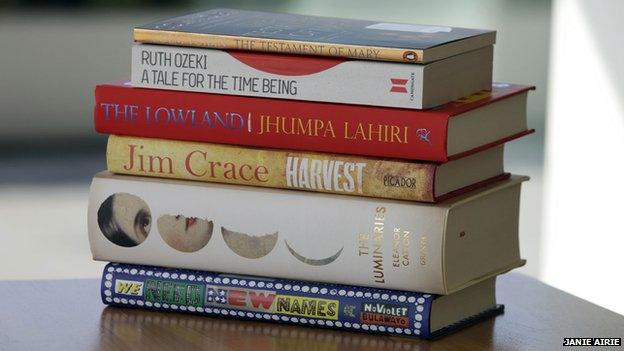Julian Barnes: Booker Prize is 'daft' to include US authors
- Published
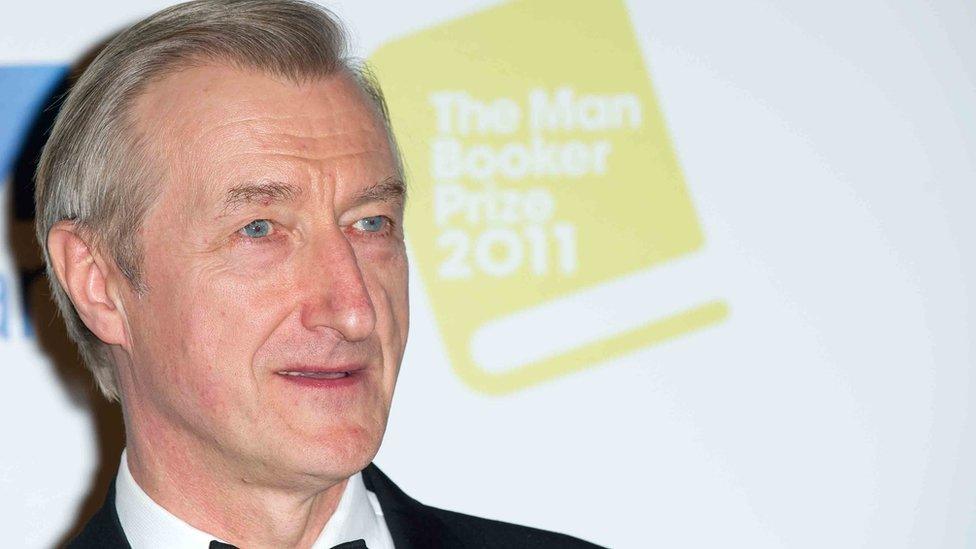
Julian Barnes has been nominated four times and won the prize in 2011
Booker Prize-winning author Julian Barnes has criticised the decision to open up the award to US writers.
The literary prize started accepting novels by US authors in 2014, having previously been restricted to the UK, the Commonwealth, Ireland and Zimbabwe.
Barnes won in 2011 with The Sense of an Ending. "I don't agree with opening up the Booker for the Americans," he said.
"I think that's straightforwardly daft. The Americans have got enough prizes of their own."
Last month, Paul Beatty became the first American author to win the Booker, triumphing with his racial satire The Sellout.
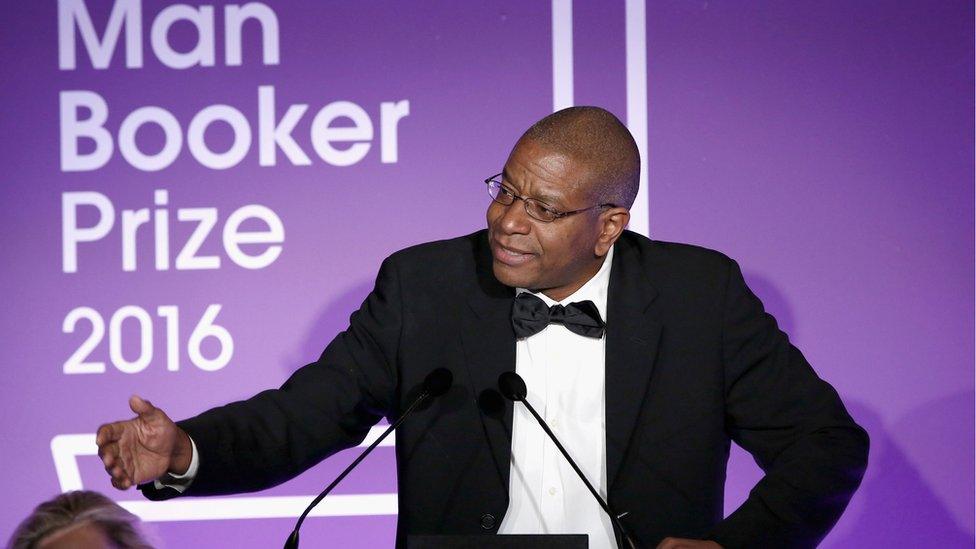
Paul Beatty won a US National Book Critics Circle Award before picking up the Booker
But Barnes told the Radio Times: "The idea of [the Booker] being Britain, Ireland, the old Commonwealth countries and new voices in English from around the world gave it a particular character and meant it could bring on writers.
"If you also include Americans - and get a couple of heavy hitters - then the unknown Canadian novelist hasn't got a chance.
"Which American prizes are open to Brits? In theory I think only the National Book Award is. I don't think any Brit has won a major American award for years."
The £50,000 Booker Prize is now open to writers of any nationality writing in English and published in the UK.
Every shortlist for the past three years has included two US authors.
As well as Beatty, Ottessa Moshfegh was nominated this year.
Last year, Pulitzer winner Anne Tyler and Hanya Yanagihara were on the shortlist but lost out to Jamaica's Marlon James.
And in 2014, Karen Joy Fowler was nominated after having won the PEN/Faulkner Award for Fiction. She was joined by Joshua Ferris, with the prize eventually going to Australia's Richard Flanagan.
Fellow Australian Peter Carey, who has won the Booker twice, has previously criticised the decision to open up the award.
"I find it unimaginable that the Pulitzer or the National Book award people in the United States would ever open their prizes to Brits and Australians," he has said. "They wouldn't.
"There was, and there is, a real Commonwealth culture. It's different. America doesn't really feel to be a part of that... I suppose I'm not generally in love with the notion of global marketing."

Follow us on Facebook, external, on Twitter @BBCNewsEnts, external, or on Instagram at bbcnewsents, external. If you have a story suggestion email entertainment.news@bbc.co.uk, external.
- Published26 October 2016
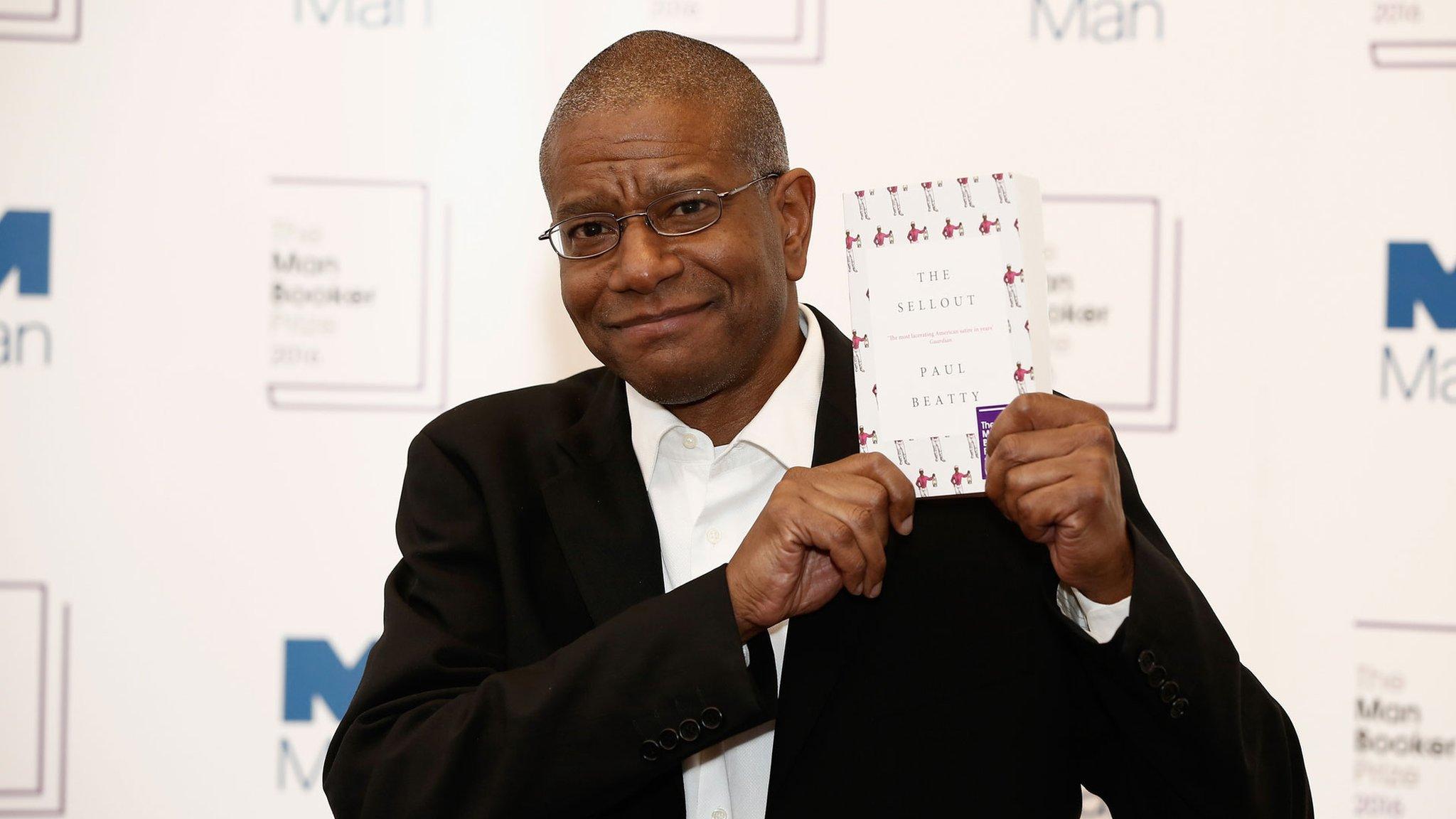
- Published15 September 2015
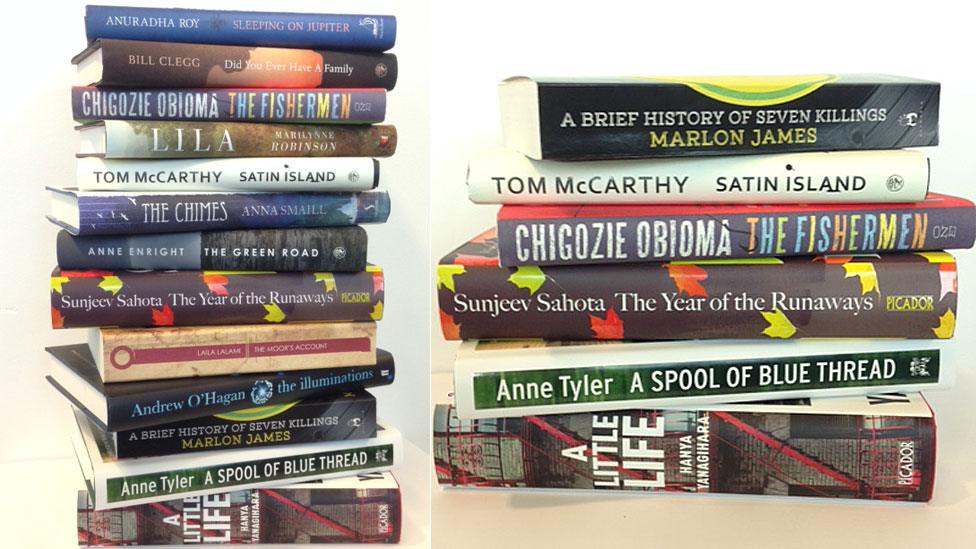
- Published23 July 2014
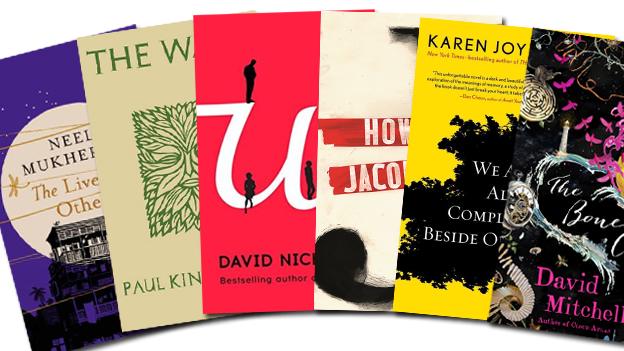
- Published18 September 2013
